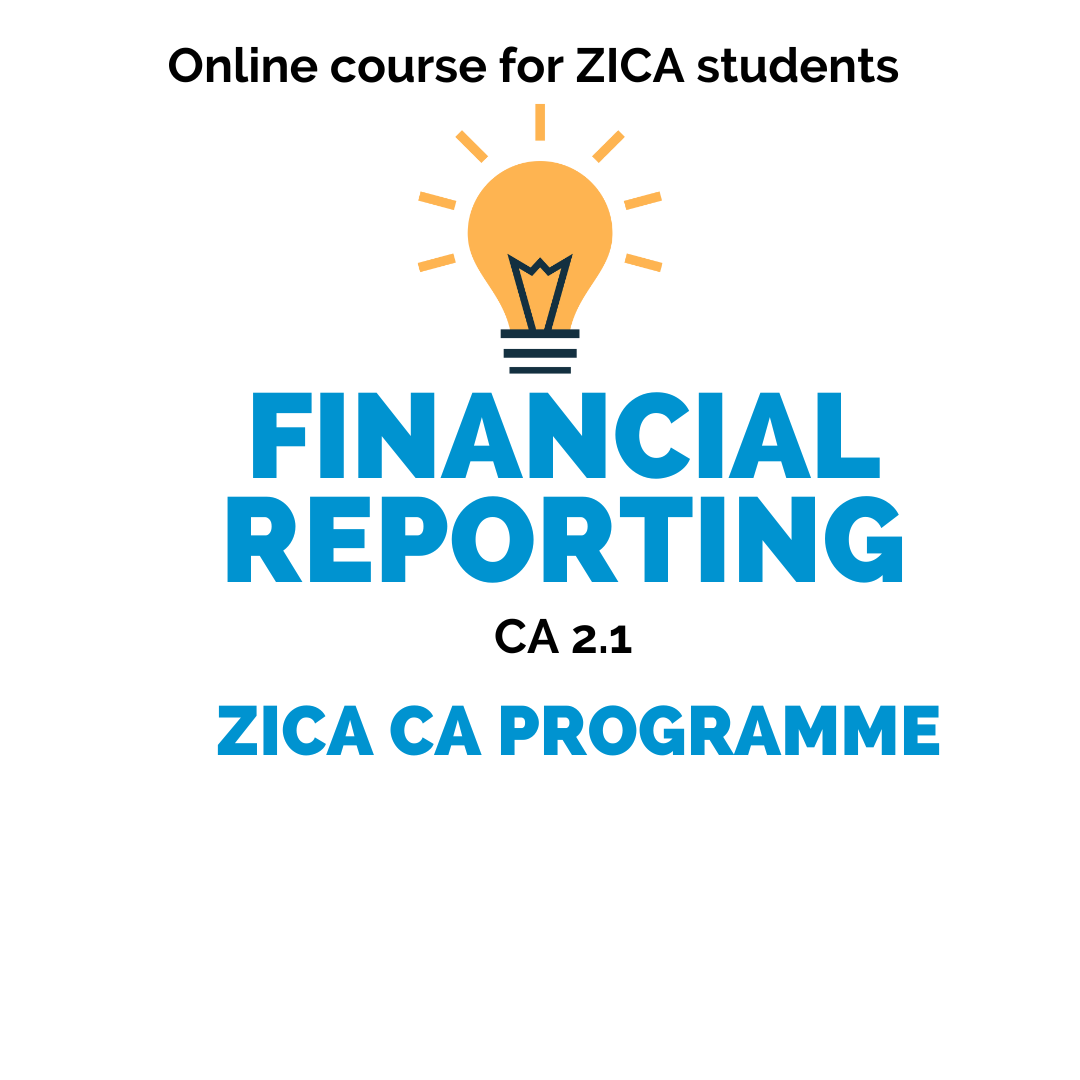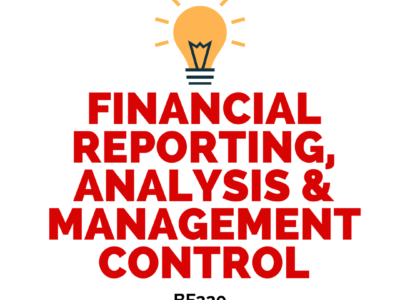CA2.1-Financial Reporting
On completion of this module, candidates will reach a competency sufficient to be able to:
- Understand the regulatory requirements for financial accounting and explain the core concepts of accounts preparation
- Prepare single entity financial statements
- Prepare consolidated financial statements
- Undertake financial appraisals
| Syllabus topics | Weighting (%) | LO |
| The regulatory and ethical requirements for financial accounting and the core concepts of accounts preparation | 20 | 1 and 2 |
| Single entity financial statements | 25 | 3 |
| Consolidated financial statements | 25 | 4 |
| Financial appraisals | 30 | 5 and 6 |
Learning outcomes
- LO1: Explain key accounting preparation and reporting concepts for both public and private sector organisations
- LO2: Explain the key components of financial statements and their purpose
- LO3: Draft financial statements for a single entity in accordance with relevant financial practice
- LO4: Draft financial statements for a combined entity in accordance with relevant financial practice
- LO5: Calculate and evaluate key financial ratios
- LO6: Evaluate the appropriateness of accounting choice in accordance with Generally Accepted Accounting Practice
- Accounting and reporting concepts, frameworks and practices: LO1, 2
- Explain the importance of a regulatory framework for financial reporting
- Explain the objectives and limitations of financial statements using appropriate examples or using a given scenario
- Explain the qualitative characteristics of financial statement disclosures
- Present the financial effects of accounting for events and transactions under the IASB Conceptual Framework
- Explain the differences between financial statements prepared using accruals and cash bases
- Explain the break up basis of accounting
- Explain to professional accountants or general users the different bases of measurement of capital and capital maintenance that may be used under accruals based accounting Explain the meaning of true and fair or fairly presented in relation to financial reporting
- Preparing single entity and single company financial statements: LO3
- State the circumstances in which public or private sector entities are required to prepare and present statutory financial statements
- State the laws, regulations accounting standards and other requirements that govern the production of financial statements by such entities
- Compile financial statements for single entities, or extracts from them, in accordance with its chosen policies and, where relevant, in accordance with IFRS
- Compile financial statements for branches, or extracts from them, in accordance with its chosen policies and, where relevant, in accordance with IFRS
- Assess the circumstances in which the use of IFRS for companies and IPSAS for public sector entities may be required
- Preparing consolidated and other joint arrangement financial statements: LO4
- State the circumstances in which entities are required to prepare and present statutory consolidated financial statements
- State the laws, regulations and other requirements that govern the production of consolidated financial statements by entities
- Identify from data provided whether an entity is a subsidiary or associate in accordance with the international financial reporting framework and local law
- Calculate the figures to be included in consolidated financial statements for subsidiaries and associates in respect of an acquisition, continuing ownership or for simple disposals
- Compile the consolidated financial statements, including statements of cash flows, or extracts of them in accordance with selected accounting policies and the requirements of IFRS
- Compile financial statements for joint arrangements.
- Financial statement analysis and evaluation: LO5, 6
- Calculate basic financial ratios and assess the financial results and position of a single entity.
- Evaluate the appropriateness of chosen accounting policies with regard to compliance with Generally Accepted Accounting Practice
- Interpret the performance, position and prospects of an entity using financial information.
- Required knowledge – Accounting Standards The technical appendix details the depth of treatment of required knowledge and the progression of competence over the levels in the qualification.
Course Features
- Lecture 0
- Quiz 0
- Duration 20 weeks
- Skill level All levels
- Language English
- Students 0
- Certificate No
- Assessments Yes







